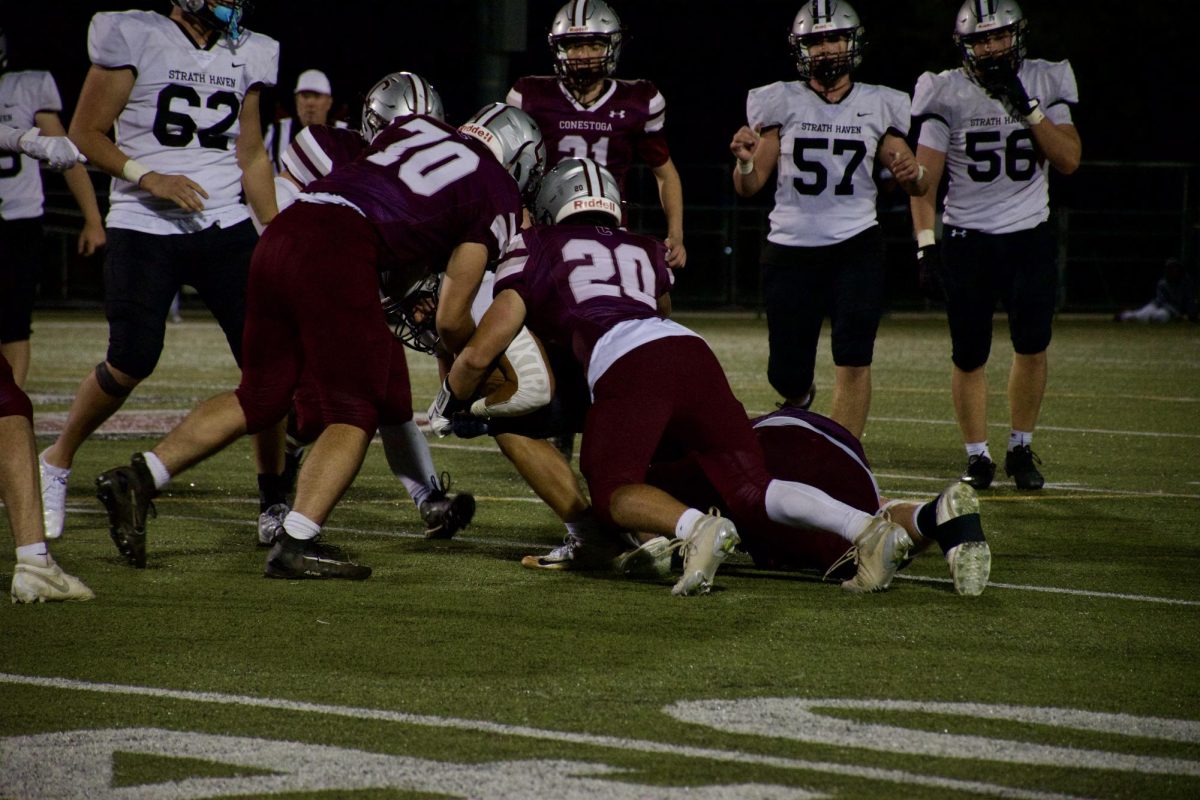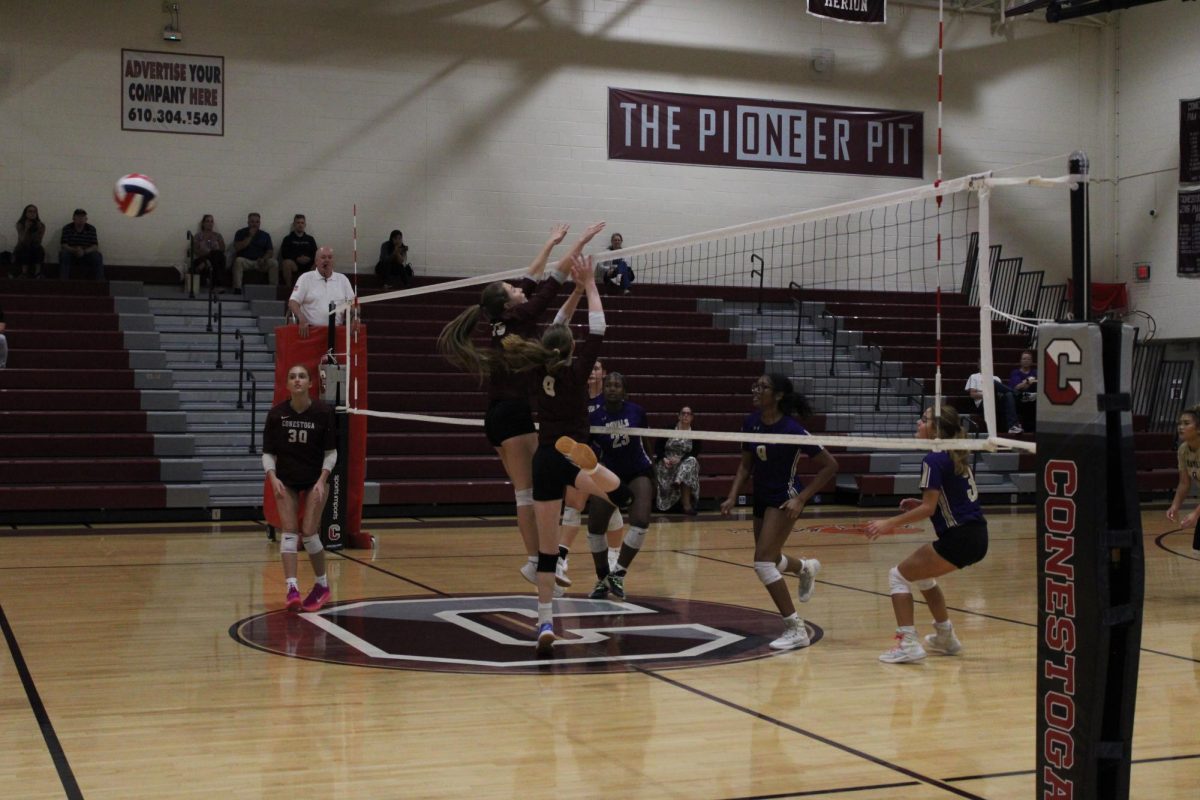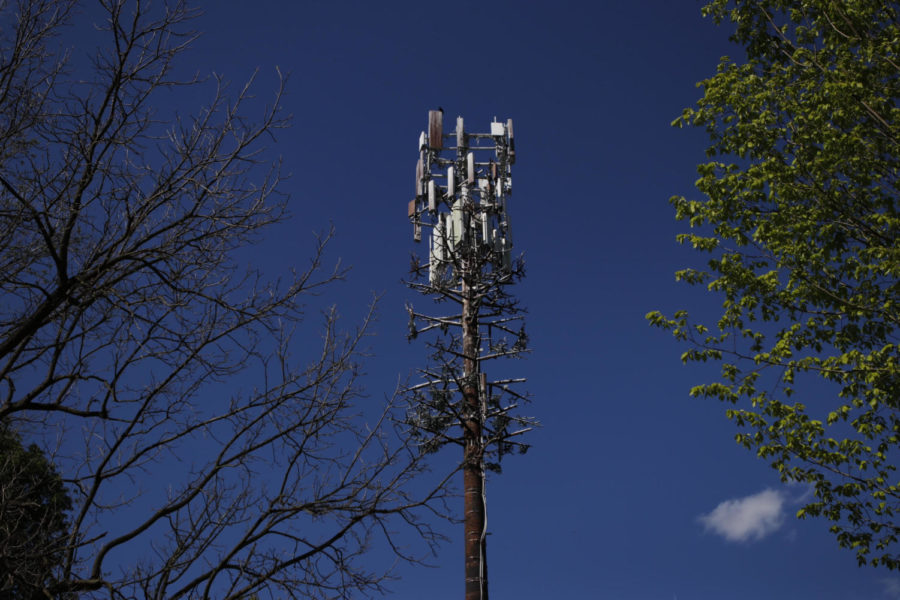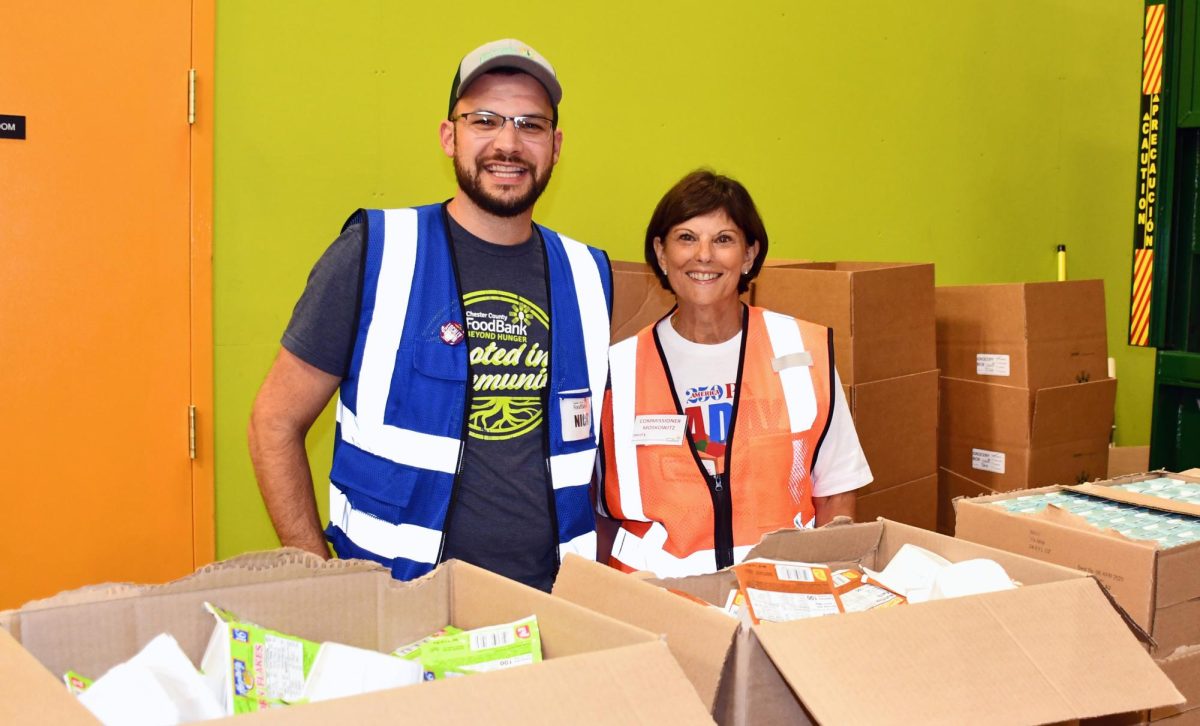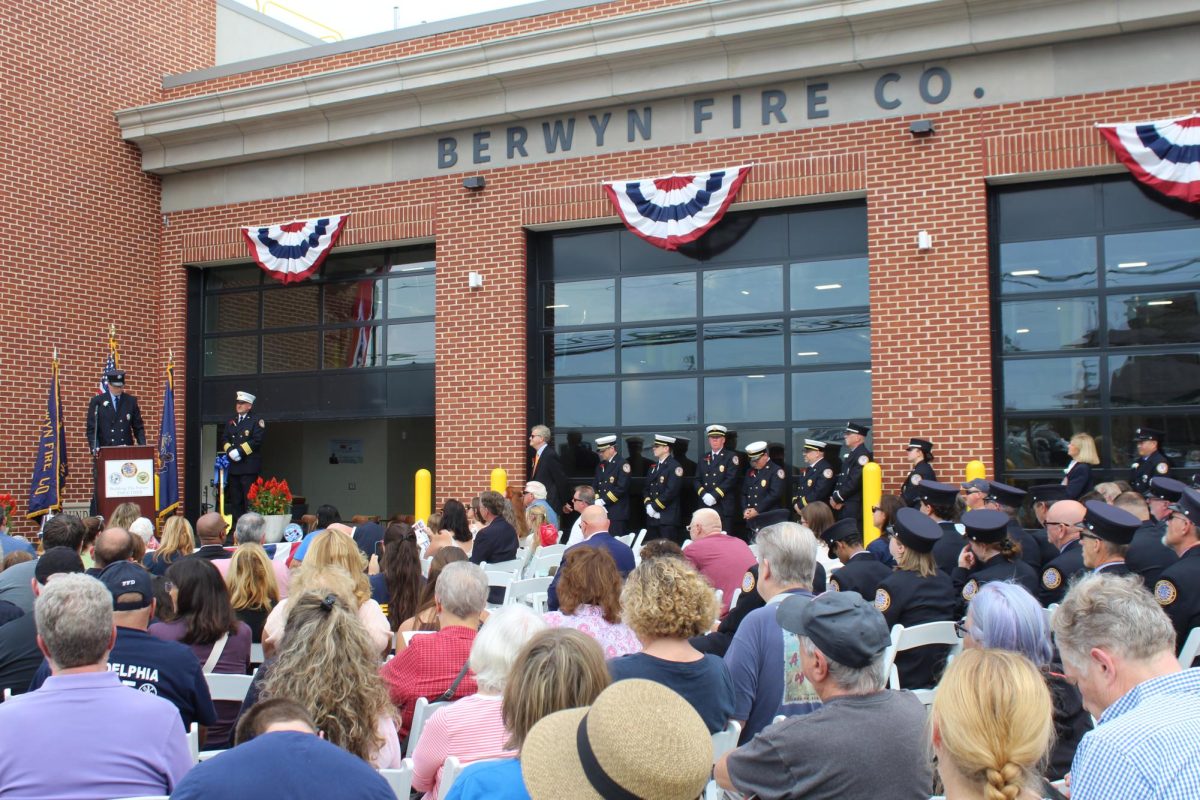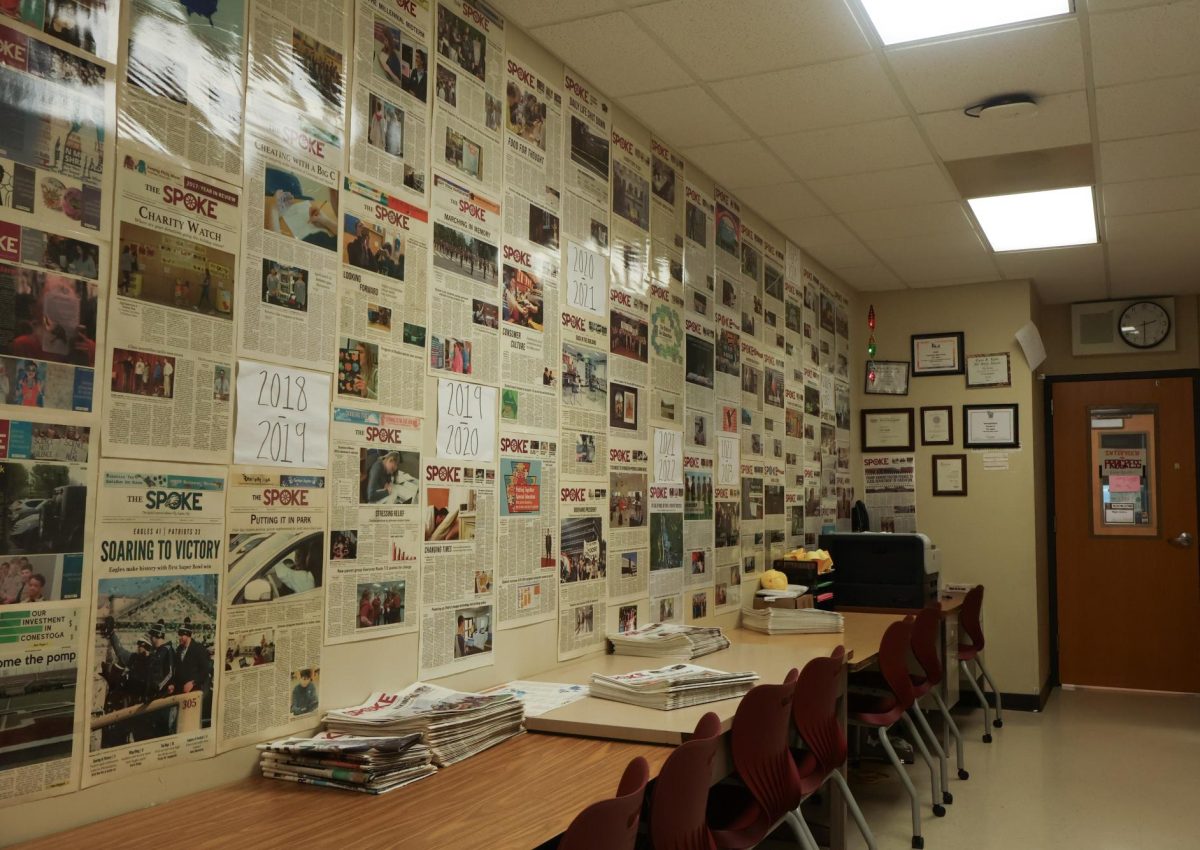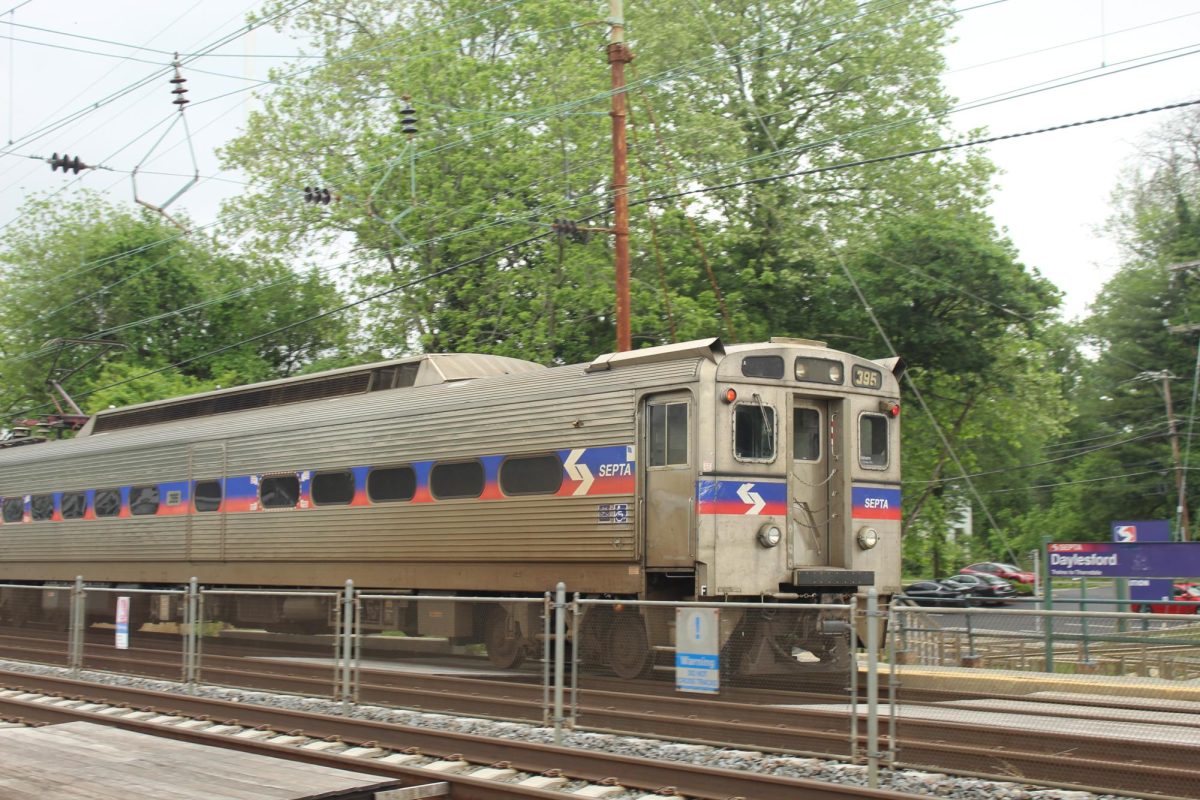By Miya Cao, Staff Reporter
Weak reception has been a problem in T/E schools for as long as many staff can remember. To solve this issue, Dr. Mike Szymendera, TESD Director of Technology, began working with a local company in March to install cell signal boosters in select T/E schools this summer.
“This year, we worked with a third party to conduct an assessment in all eight of our buildings. As far as I know, that’s the first assessment we’ve conducted about cell service during my time in the position. We’ve heard things in the past, (like) passing comments about (the cell service problem), but (this) was the first real assessment we (have done),” Szymendera said.
The third party is FreCom Inc., a local communications dealer based in Chester County. FreCom gave a quote totaling $47,540 on March 3 for SureCall industrial signal amplifiers in Conestoga High School, Devon Elementary School, Hillside Elementary School and Beaumont Elementary School. The company claims the boosters improve signal strength for all major North American carriers. The reception usually varies depending on the phone carrier, but certain parts of Conestoga are known to have especially weak signal for all carriers.
“I teach in Room 155, but the entire area has notoriously poor reception,” biology teacher Dante Mucci said. “This issue really doesn’t affect my teaching. It’s only an issue with personal cell phone reception.”
Certain areas of Conestoga have poor reception due to the building’s structural layout. The installation of the signal boosters would mitigate this problem by using an antenna on the roof to collect signal from the outside and spread it to smaller antennas inside.
“A lot of the issue with cell service inside of a school building is related to construction. Our schools tend to have a lot of cinderblock walls (and) solid brick walls. It’s hard for the cell signal outside to permeate those walls and get inside,” Szymendera said.
The school board’s Facilities Committee first discussed the concerns with Conestoga’s weak signal after a school safety drill. The problem with having a spotty cell signal is that students and teachers cannot use their cell phones effectively during emergencies. For sophomore Tanvi Bommisetti, it also interfered with her schoolwork and collaboration.
“Last year, when I had biology in the science hallway, (the lack of signal) was a pain. It’s fine during class, but when I had study hall there, it was really hard to get work done. I pretty much (couldn’t) do anything,” Bommisetti said. “I’m happy that I won’t have to worry about that (next year) and I can get work done.”
Miya Cao can be reached at [email protected].





















































